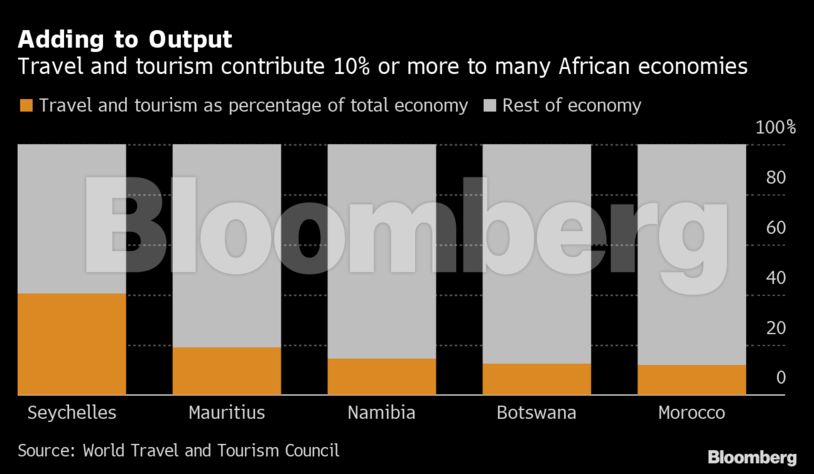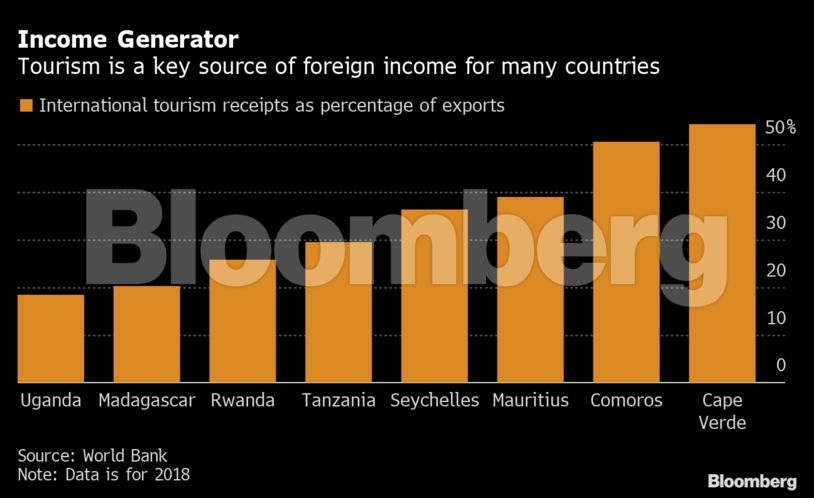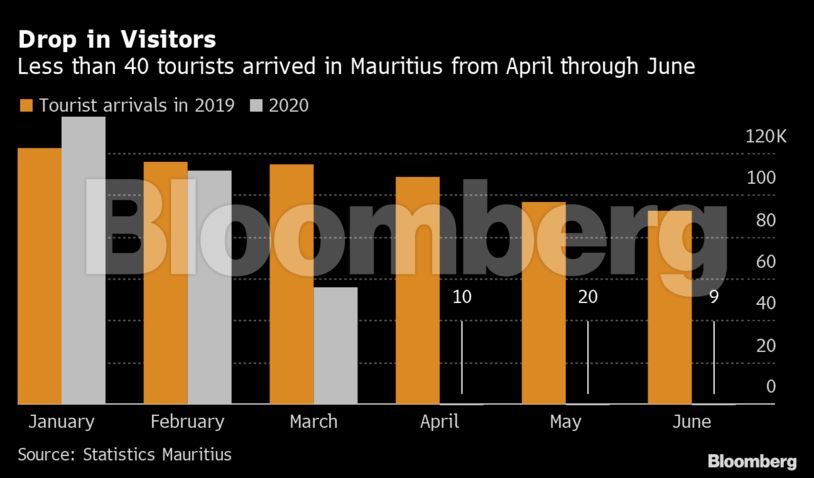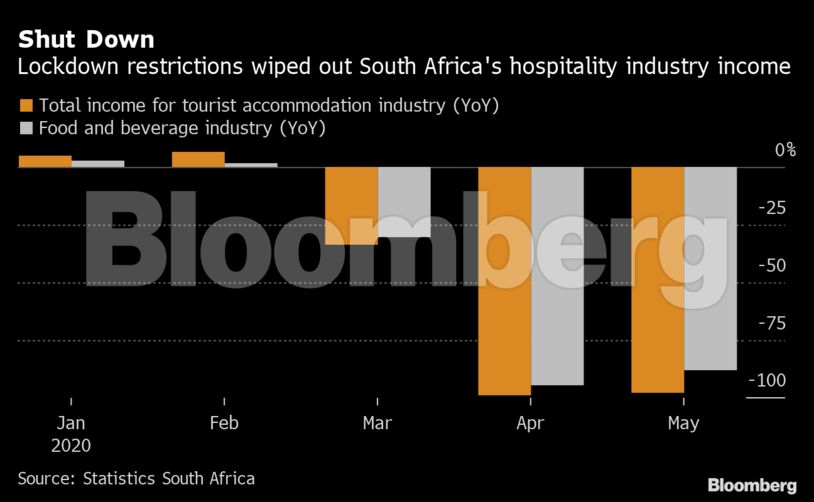Industry in Ruins
SA tourism gets lifeline, but needs foreign travellers to escape life support
By Greg Nicolson• 20 August 2020
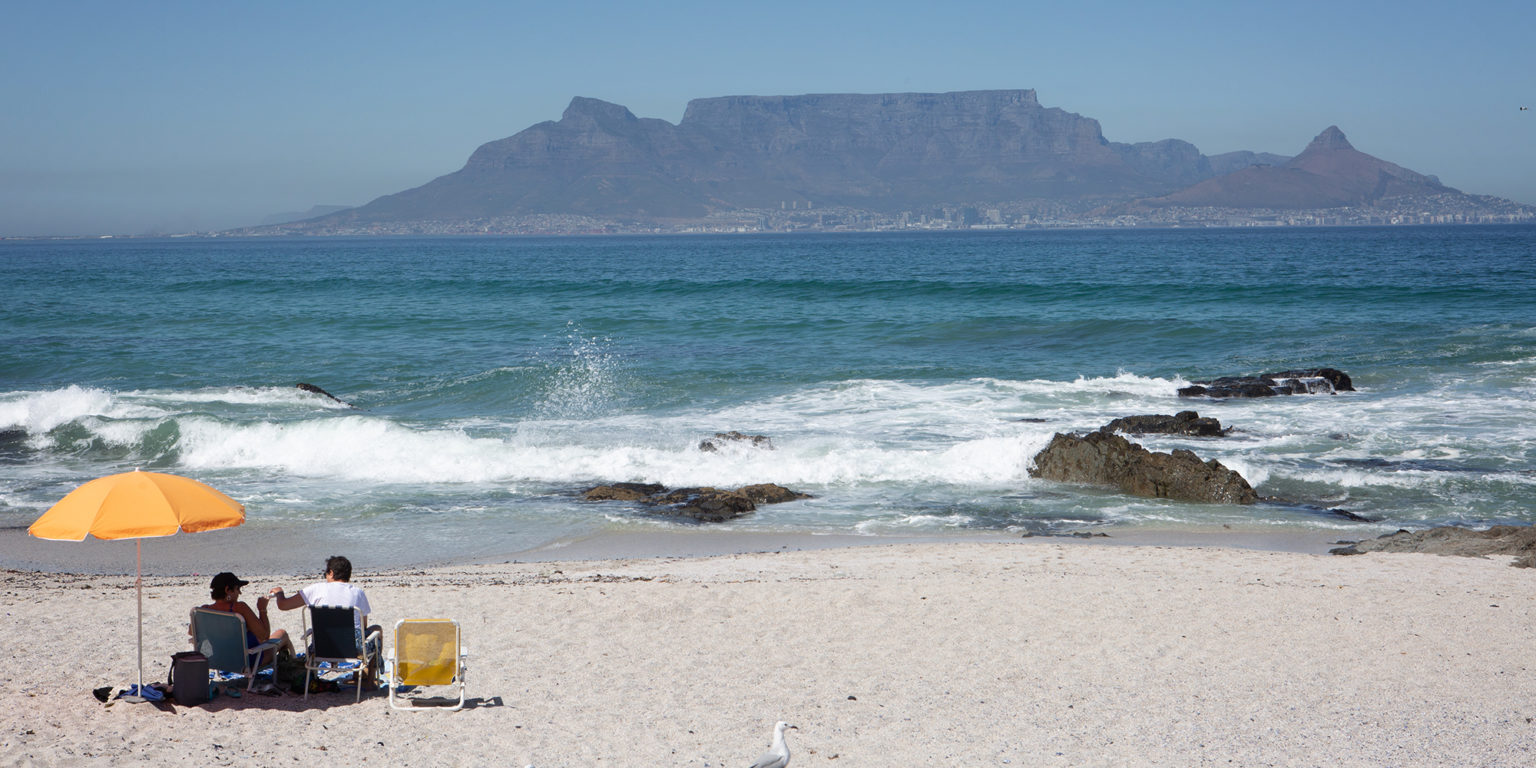 Over the next 24 months, the plan is to sell South Africa as a destination for international tourists in the hope that the sector will at least return to pre-Covid levels. (Photo: Gallo Images / Misha Jordaan)
The resumption of interprovincial leisure travel offers hope for the decimated tourism industry but the sector’s challenges are far from over. Until the country’s borders reopen, the fight to save businesses and jobs continues.
Over the next 24 months, the plan is to sell South Africa as a destination for international tourists in the hope that the sector will at least return to pre-Covid levels. (Photo: Gallo Images / Misha Jordaan)
The resumption of interprovincial leisure travel offers hope for the decimated tourism industry but the sector’s challenges are far from over. Until the country’s borders reopen, the fight to save businesses and jobs continues.
Total income in the tourism accommodation industry in June 2020 decreased by 95.3% compared to June 2019, announced Statistics SA last week.
“The pandemic has undeniably been devastating for the tourism sector, resulting in many businesses not being able to keep their doors open or battling to survive as their revenue and sales continued to shrink, leading to forced staff reduction or retrenchments,” said Tourism Minister Mmamoloko Kubayi-Ngubane on Wednesday.
Level 2 lockdown regulations, which allow for interprovincial leisure travel and the resumption of alcohol sales, have offered a lifeline to one of the sectors most affected by the economic impact of the coronavirus pandemic, but it might take years for the tourism industry to recover.
Before the impact of Covid-19 hit, 2020/21 was expected to be a rebound year for tourism. SA Tourism had targeted an 8.7% increase in international arrivals and a combined total domestic and inbound tourism expenditure of R273-billion.
According to the department of tourism, the industry lost an estimated R54.2-billion as demand plummeted between February and May. Before business travel within provinces was permitted in June and interprovincial travel allowed under Level 2 of the lockdown, the department estimated the industry could lose up to an extra R149.7-billion and almost 440,000 jobs in the remainder of the year.
In a survey conducted by the tourism department in May, 64% of businesses in the sector said they couldn’t service their debts, while 67% said they couldn’t cover fixed costs.
The government offered qualifying small businesses in the tourism and hospitality industries a R50,000 once-off payment but only had a total of R200-million to spend. Tourist guides were eligible to claim R1,500 for three months. Businesses have also been encouraged to apply for bank loans through the government’s Covid-19 loan guarantee scheme.
On Wednesday, Kubayi-Ngubane highlighted the diverse range of experiences the country offers tourists: there’s the sea, nature reserves, adventure sports and romantic locations; it’s ideal for singles, couples, the elderly and business trips.
Her department has released a draft tourism recovery plan that includes three phases: protecting domestic tourism businesses, managing the reopening of the industry and driving long-term growth.
“Our intention is to start as soon as possible with the implementation of the recovery plan. We are mindful that this is critical as tourism is one of the pillars for the broader South African economic recovery and growth,” said Kubayi-Ngubane.
Her department is launching a campaign to promote domestic tourism, but first, it needs to build trust. After months of limited movement, South Africans might want to take a holiday but they need to know it will be safe.
“Our main goal is to ensure that no tourism facility becomes a source of the spread of the pandemic and we are encouraged that since the beginning of the opening and bringing activities back we are still doing well. Let us keep this up and also hold one another accountable against this commitment for the sake of our people and our industry,” said the minister.
Over the next 24 months, the plan is to sell the country as a destination for international tourists in the hope that the sector will at least return to pre-Covid levels.
Opening up interprovincial travel will help avoid the worst-case scenario (if it can get much worse). The Tourism Business Council of South Africa has pointed out that it is crucial for businesses in Mpumalanga, North West and Limpopo, which receive more domestic tourists from Gauteng than their own provinces.
It also provides an opportunity to grow the domestic market as South Africans aren’t able to travel abroad for leisure.
But the industry will not be able to recover until international tourists can return. The minister was careful not to predict when that might be as it will be determined by the local and global response to the pandemic.
Lee-Anne Bac, BDO director for tourism and travel, explained the industry’s challenges to Cape Talk.
“In reality, yes it’s an opportunity, the tourism industry is very grateful the opportunity is here and we can travel interprovincially but we also have to be realistic that it’s not the solution for everything that we’re looking for,” she said.
“We really need the borders to open before we can start to really get back to some sort of normalcy within our travel and tourism sector.”
According to tourism and hospitality regulations, accommodation facilities must ensure their dining and reception areas are kept to an occupancy of 50% of the floor space. Restaurants must ensure there are 1.5m between tables and adhere to the 10pm curfew and sale of alcohol restrictions. A maximum of 50 people are allowed at weddings.
All places of attractions, such as theme parks, zoos and game reserves, and tour operators must follow physical distancing and hygiene regulations. DM
